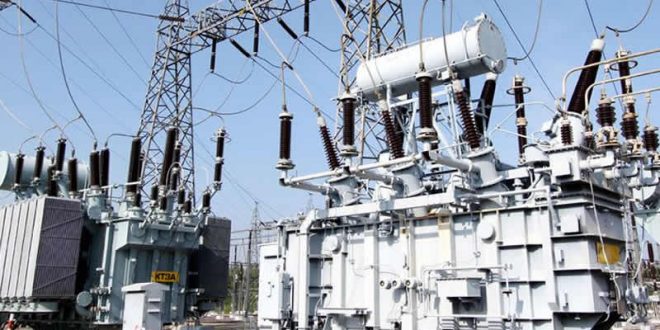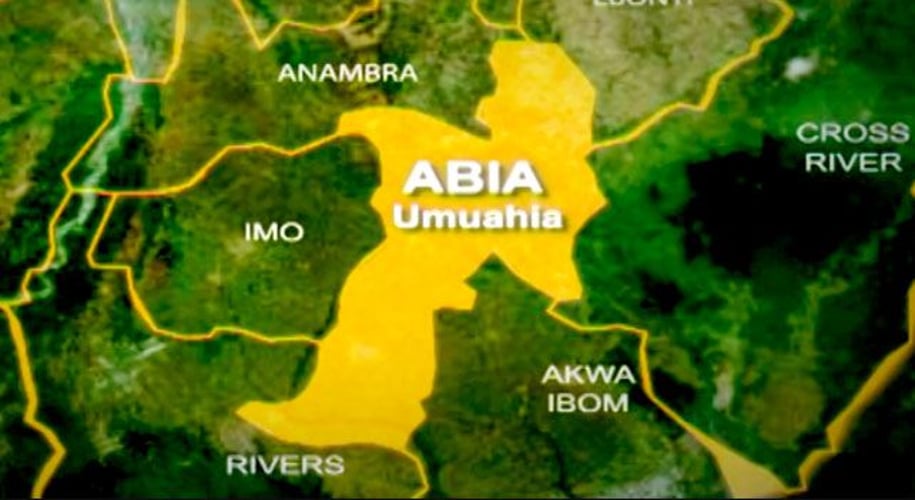Nigeria exported electricity worth £363.24 million from January to September 2024, according to data from the National Bureau of Statistics (NBS).
The exports were made to neighbouring countries including Togo, Benin, and Niger Republic.
A quarterly breakdown revealed that £117.30 million worth of electricity was exported in the first quarter, followed by £126.56 million in the second quarter and £119.38 million in the third quarter.
This surge in electricity exports occurred despite the Nigerian Electricity Regulatory Commission (NERC) imposing restrictions in May to prioritise domestic electricity needs. The directive limited power exports to six percent of total grid electricity at any given time.
The NERC, in its 29th April 2024 order titled “Interim Order on Transmission System Dispatch Operations, Cross-border Supply and Related Matters”, stated that the restriction would last for an initial six months, subject to review.
The directive, signed by NERC Chairman Sanusi Garba and Vice Chairman Musiliu Oseni, came into effect on 1st May 2024.
According to NERC, prioritising electricity exports over domestic distribution had disrupted the ability of Distribution Companies (Discos) to deliver reliable services under the Service Based Tariff (SBT) framework.
The commission criticised the system operator’s reliance on limiting Discos’ load allocation as a means of managing recurring grid imbalances while favouring exports and Eligible Customers (ECs).
“The practice so far adopted by the operator in managing generation availability has caused significant hardship to Discos’ customers, comprising industrial, commercial, and residential users, especially during peak demands while prioritising delivery to other bilateral contracts, including exports to international customers,” NERC stated.
The commission also highlighted inefficiencies in the terms of international and bilateral contracts with Generation Companies (Gencos).
It noted that these agreements often fall below the industry’s minimum contract standards, further complicating the equitable distribution of power within Nigeria.



